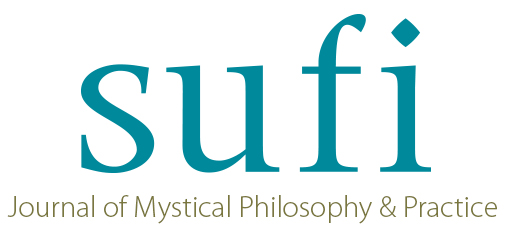 Discourse by Alireza Nurbakhsh—
Discourse by Alireza Nurbakhsh—
I first learned about the Sufi view of rationality and the role of reasoning during my adolescent years. Rumi, Attar, Shah Nimatullah, Hafez, Iraqi and my own father all warned in their poetry against the pitfalls of rationality and the intellect. I was puzzled by their assertion that the intellect cannot guide us on the path to the truth. Does that mean we have to give up rationality altogether? Is it possible to conduct one’s life without acting rationally? How are we to cope with the problems of life if we do not use our reasoning and intellect? My puzzlement was compounded by the fact that all the Sufis around me were rational human beings. They all had jobs and had to deal with the day-to-day problems of life by making rational decisions. Furthermore, most of the Sufis of the past, including those mentioned above, were men of learning and spent most of their lives reading and writing books.
Later in my life, I noticed a great similarity between the way of the Sufis and the views on religion and the spiritual practice of Ludwig Wittgenstein (1889-1951), one of the great philosophers of the twentieth century. By all accounts, Wittgenstein was not a religious person, but he thought one should have a religious attitude in life. He believed that the truth of religious or spiritual discourse lies in its practice, its rituals and symbolism but not in explanations and justifications of its claim.
Those who approach spirituality by way of rationality will have the illusion of understanding divine words in absolute terms and judge others accordingly. This is the crux of the Sufi critique of the rational approach to spirituality. It gives one the appearance of understanding the words of God, thereby creating a deluded feeling of superiority over others. Here the intellect only feeds the ego in its enterprise. Moreover, this false sense of understanding prevents one from applying spiritual principles in one’s daily life due to self-satisfaction. A yet more dangerous aspect of a so-called rational approach to religion is the insistence that one’s own spiritual tradition is the only path towards the truth.
For the Sufis spiritual truth is the realization that we are an insignificant part of the Whole from which we have been separated. Our purpose in life is to return to the Whole and to become once again unified with It. Such realization is only possible through love, purification of the self, and years of struggle with the ego.
To give up intellect and rationality in Sufism means to practice love first and foremost. Practicing love means to love indiscriminately. Love, unlike reason, is blind. It does not ask questions; it does not listen to pros and cons. The path of love is inclusive. It is not concerned with gender, sexual orientation, color or race. Nor is it concerned with self-preservation.
The right instrument on the path of love is the heart. The heart, unlike the intellect, is an instrument of intuitive and direct knowledge of the divine. While the intellect has its seat in one’s brain, the heart cannot be localized. It consists of the entire being of a human being. Just as the physical heart keeps us physically alive, the spiritual heart keeps us alive spiritually. It guides us through our struggles with the ego, the practice of loving and ultimately the return to the Source.
To use a metaphor borrowed from Wittgenstein, the power of our intellect and reasoning is like a ladder we should use to find the right spiritual path, but once we climb the ladder we will have to discard it.
Photo © WALTER KITUNDU, Sculpture Installation © JOY UMALI
